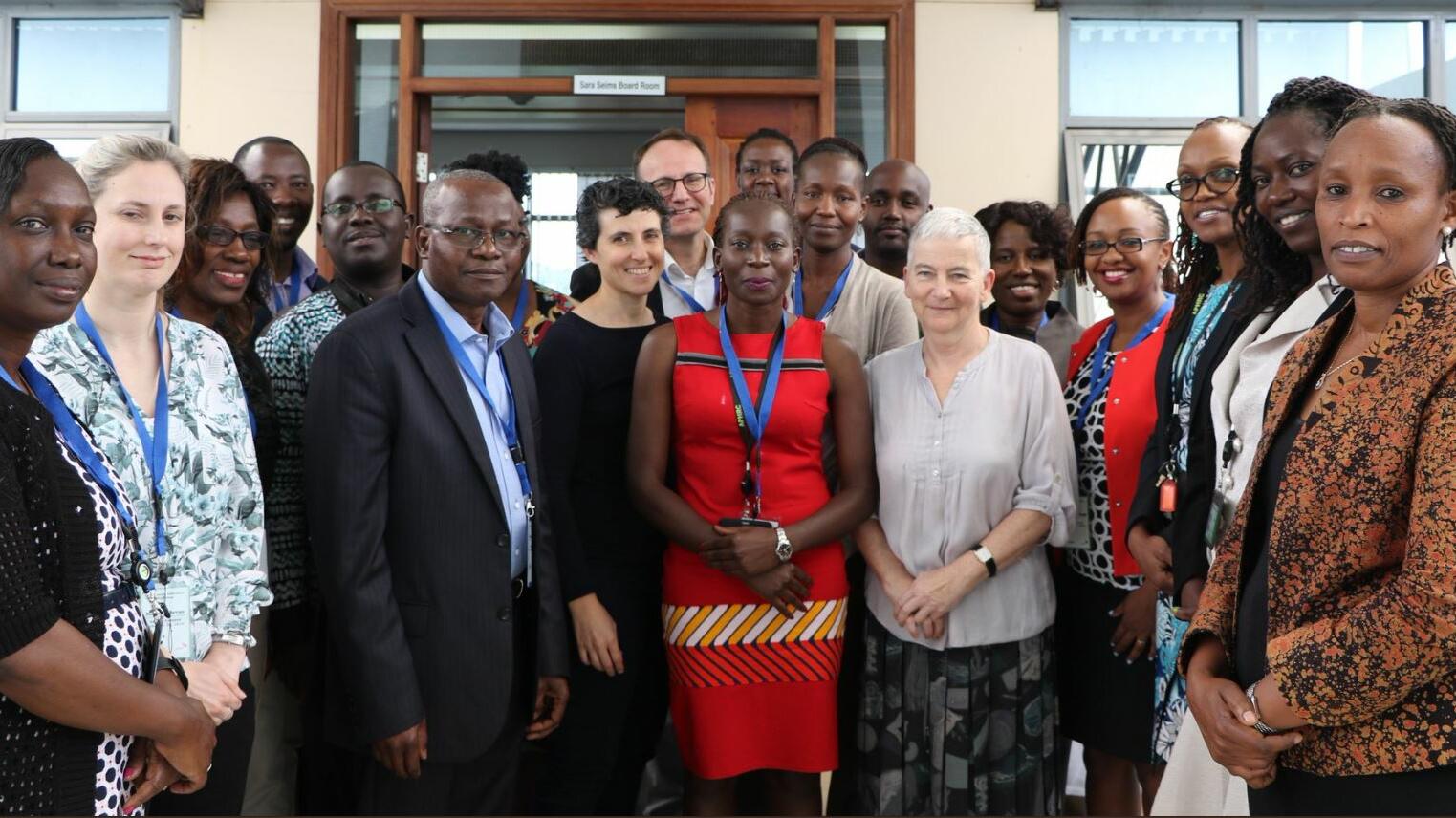
The Centre for Capacity Research at the Liverpool School of Tropical Medicine, in partnership with the African Population and Health Research Centre (APHRC), have developed new guidance on improving research capacity strengthening (RCS) evaluation practice through a DFID funded project.
Professor Imelda Bates, Head of the Centre for Capacity Research, said: “Despite significant investment in RCS programmes in low and middle-income countries, frameworks and robust indicators to determine the impact of these programmes are lacking. This DFID funded project was designed to address this gap, identifying indicators to better direct current and future RCS investments.” The team identified existing RCS frameworks and indicators from published literature along with indicators from 35 programmes (including 31 from DFID) that had a strong RCS and Africa focus. The indicators were mapped to an RCS framework through consultative workshops with funders, implementers, university faculty and research management staff, and through key informant interviews with senior individuals from a variety of RCS funding organisations.
Two novel concepts emerged from the project which has practical implications for commissioning, designing and evaluating RCS programmes. Firstly, over-arching theories of change that describe how schemes will achieve impact, and the theories of change for each funded capacity strengthening project within a scheme, should be aligned. Secondly, programme funders can maximise the impact of evaluations by explicitly capturing the capacity strengthening ‘ripple benefits’ that occur between individuals, institutions and societies. These concepts address the current problems faced by funders created by the lack of a unifying, evidence-based approach to underpin their RCS efforts. Combined with the validated framework and indicators, incorporation of these concepts into new and existing RCS schemes will facilitate comparisons and enable a much more rigorous, harmonised and effective evaluation.
Other outputs from the project include practical recommendations about designing and conducting RCS evaluations, generic indicators to compare progress among projects and schemes and understanding of the need to design and prioritise RCS activities as standalone projects.
“The recommendations and guidance developed through the project are aimed at funders of RCS schemes, programmes and projects” continued Professor Bates: “and will facilitate real-time learning and tracking along a trajectory to achieve RCS impact. They will help to moderate unrealistic expectations that investments in individuals and should have a high-level impact.”
Further details and the full report can be found here.